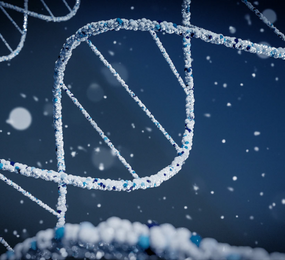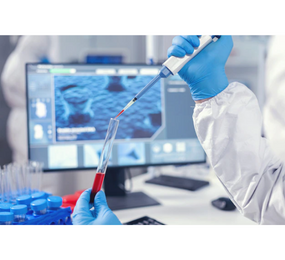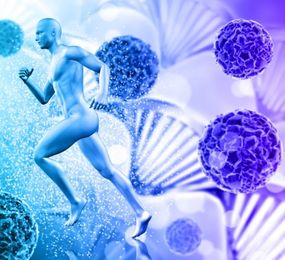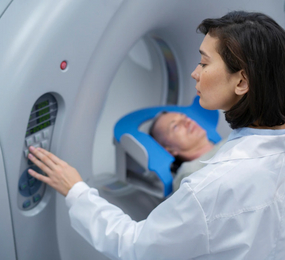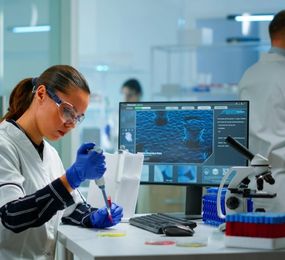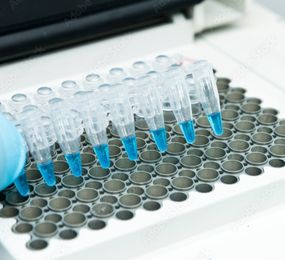The Impact of Bioprocessing Innovations on Monoclonal Antibody Production
Bioprocessing innovations have significantly transformed the production of monoclonal antibodies, which are crucial in treating various diseases, including cancers and autoimmune disorders. Traditionally, monoclonal antibody production was a complex and costly process, often hindered by low yields and lengthy production times. However, advancements in bioprocessing technologies have revolutionized this field, enhancing both efficiency and scalability.
One major innovation is the development of high-performance cell culture systems. These systems utilize genetically engineered cells that can produce higher quantities of antibodies with greater consistency. Coupled with improved bioreactor designs, which provide optimal growth conditions and precise control over production parameters, these advancements have significantly increased production yields.
Another key innovation is the adoption of continuous processing techniques. Unlike traditional batch processing, continuous processing allows for the constant production of antibodies, reducing downtime and increasing overall throughput. This method also improves product quality and reduces the risk of contamination.
Moreover, advancements in purification technologies, such as chromatography and filtration, have enhanced the ability to isolate monoclonal antibodies efficiently and with high purity. These innovations collectively contribute to making monoclonal antibody therapies more accessible and affordable, ultimately benefiting patient outcomes and advancing healthcare.
Visit our website to know more: https://www.leadventgrp.com/events/2nd-annual-bioprocessing-and-biologics-forum/details
For more information and group participation, contact us: [email protected]
Leadvent Group - Industry Leading Events for Business Leaders!
www.leadventgrp.com| [email protected]
Meta Description:


